Click to read the article in Turkish
The delivery of the S-400 air defense systems to Turkey has finally begun after Ankara and Moscow agreed for the procurement of the systems after the coup attempt in July 2016.
In the fourth day of the delivery of the S-400 equipment to Turkey, the eighth and ninth planes from Russia landed on Mürted Airport.
What is the S-400? Which countries own it?
It is a short, middle and long-range air defense missile system, the second generation after the S-300s.
It can destroy tactical planes, strategic bombers, ballistic missiles, hypersonic targets and all other modern air weapons. The system can monitor 300 targets simultaneously and can ready its missiles to launch in three minutes.
The Russian Armed Forces put the S-400s into service in 2007. China and Belarus later integrated the missiles into their air defense systems. Turkey has become the fourth country to own the S-400s.
India and Saudi Arabia signed agreements with Russia for the procurement of the S-400s but they have not taken the delivery yet.
Greece deployed the S-300s on Crete island in 1997 but that particular systems has never been activated.
South Korea, Pakistan, Qatar, Iraq and Egypt are also reportedly willing to buy the missiles and are in talks with Russia.
Is an air defense missile system necessary?
Global arms trade increased between 2014 and 2018 by 7.8 percent compared to the previous four years and by 23 percent compared to 2004-2008 period, with the biggest arms exporters being the US, Russia, France, Germany, and China respectively.
Turkey increased its defense industry exports by 170 percent between 2014 and 2019, compared to the previous four years.
These figures also show that arms trade necessitates arms trade, as Fatih Ceylan, Turkey's former ambassador to NATO, explains in his article he wrote for the Centre for Economics and Foreign Policy Studies (EDAM):
"In the Iran-Iraq war which went on for eight years, the social and material damage caused by reciprocal missile attacks between the two countries were imprinted in memories and it was clearly seen that the region is full of missiles.
"Since those days, our country's deficiency in missile defense systems has been continuing and it is imperative to close this deficit."
While many experts have the opinion that Turkey needs an air defense system given the tensions in the region and its geopolitical position, some criticize it becoming a party to all regional spats.
How did Turkey's S-400 adventure begin?
Turkey and Russia, aiming to strengthen their economic relations after the 2016 coup attempt, began talks for the procurement of the S-400s in as early as August that year. Fikri Işık, the then Minister of National Defense said in April 2017 that Turkey "urgently" needs an air defense system.
President Recep Tayyip Erdoğan and Vladimir Putin, his counterpart, signed the agreement for the S-400s in Russia's Sochi in May 2017. Rostec, a state-owned defense corporation of Russia, announced that the agreement is worth 2.5 billion dollars. Nurettin Canikli, Işık's successor, said that Turkey will procure two systems and four batteries.
While the US and NATO have been opposing the procurement since then, the delivery of the systems began on July 12.
Why does NATO oppose the deal?
Greece's deployment of the S-300 missiles to Crete did not create big problem at the time and the missiles would not be taken out from depots anyway.
According to experts, the S-300, which was produced in the 1990s, does not have the technology to gather data to create problems for other weapon systems.
As for the S-400, NATO's biggest concern is the problems that could arise from the "strategic data connection." Ships, military planes and troops on the field uses a system called "Link 16," to share images and intelligence. The NATO countries also use the Integrated Air Defense System (IADS), a command and control network combining radars and other facilities spread throughout the alliance's air defence forces.
NATO is concerned of the S-400s as it might be used for "spying" on its networks.
Why does the US oppose the deal?
The US has similar reasons to NATO to be concerned from Turkey's procurement of the S-400s as Turkey's joint use of the missile systems with the F-35s lead Russia to learn about the fighter's vulnerabilities.
Hence, the US has long been threatening Turkey with sanctions if it procures the S-400s.
Although US President Donald Trump defended Turkey for both the S-400 and the F-35, Mike Pompeo, the Secretary of State told Washington Post yesterday (July 14), "The law requires that there be sanctions and I'm confident that we will comply with the law and President Trump will comply with the law." (PT/VK)
Sources: defence.com, Sputnik, EDAM, Foreign Policy




.jpg)
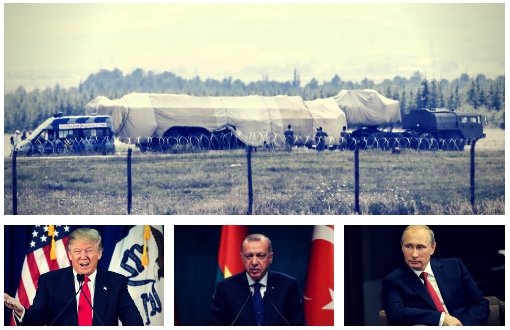

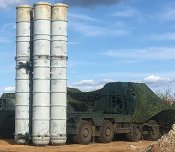
-132.jpg)
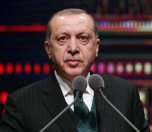
sa.jpg)

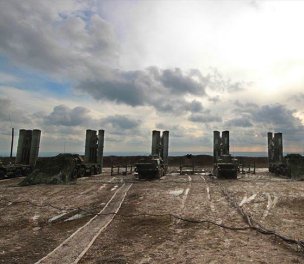
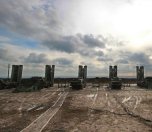
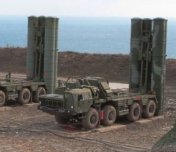
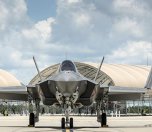


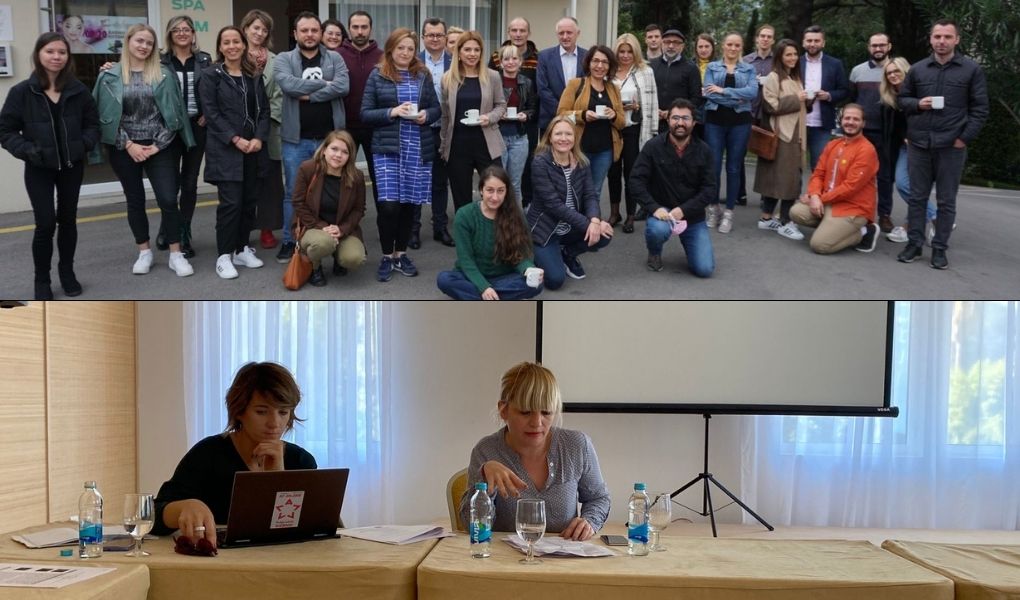

.jpg)